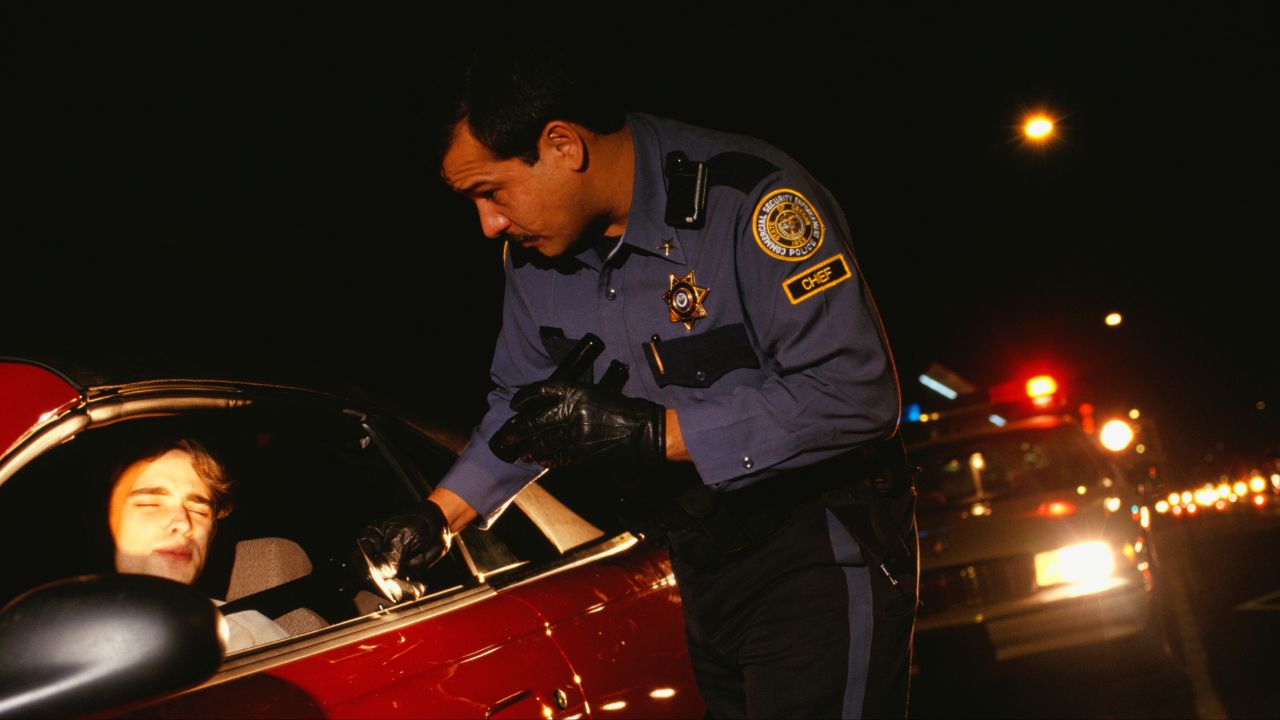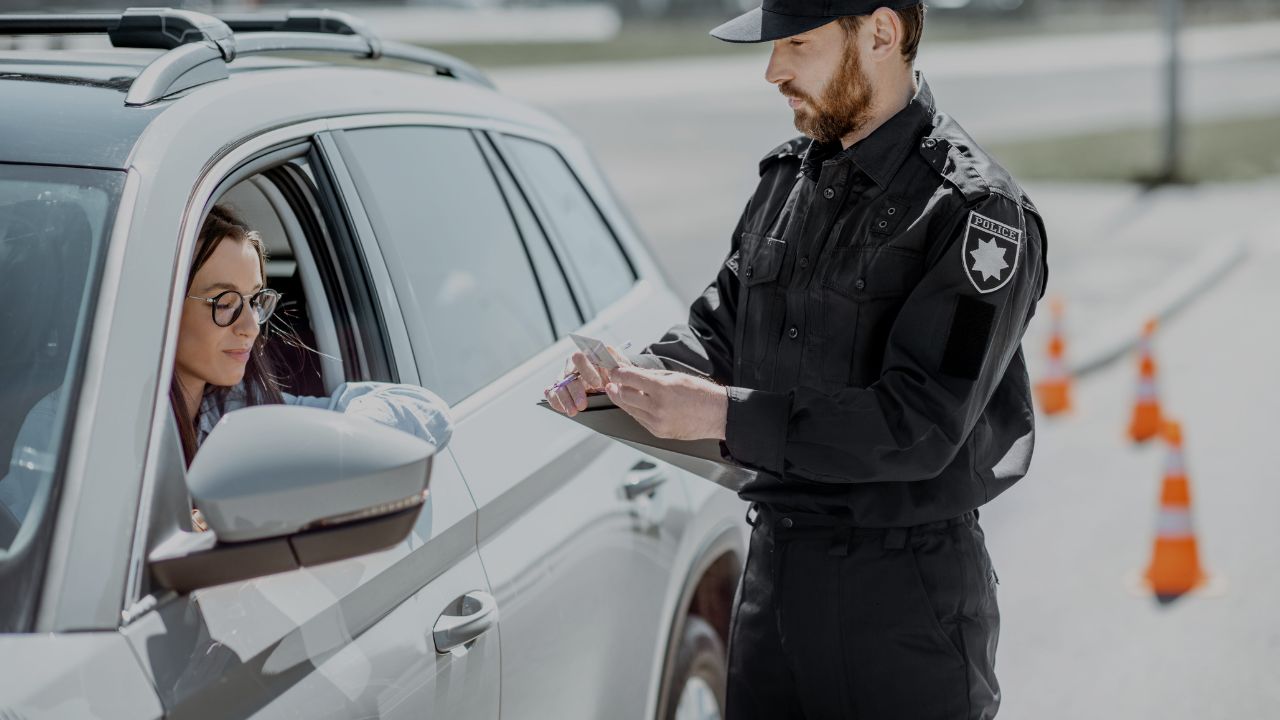Madison, WI — If you’re pulled over in Wisconsin and an officer asks to see your cellphone, it’s natural to wonder whether they can legally search it. Given the deeply personal information most of us carry in our pockets, this question touches on critical constitutional protections.
The short answer? Police generally cannot search your phone during a traffic stop unless you give consent or they have a warrant.
Here’s what you should know about your rights under state and federal law.
The Fourth Amendment and Your Phone
The Fourth Amendment to the U.S. Constitution protects citizens from unreasonable searches and seizures, and that includes your digital devices. In Riley v. California (2014), the U.S. Supreme Court ruled that law enforcement must obtain a warrant to search a cellphone, even if a person has been arrested.
This landmark decision applies nationwide—including in Wisconsin—and firmly establishes that your phone is not fair game during a routine traffic stop unless specific legal conditions are met.
When Can Police Search Without a Warrant?
Although the default rule is that a warrant is required, there are three primary exceptions where an officer might be allowed to search your phone:
1. Consent
If you voluntarily allow police to search your phone, they can legally do so. But:
- You are not required to consent.
- Police cannot force or trick you into agreeing.
- You can say: “I do not consent to a search of my phone.”
Always be polite but firm. Once you give consent, it can be difficult to undo the consequences.
2. Probable Cause and Exigent Circumstances
Officers may argue they have probable cause or that emergency conditions justify an immediate search—such as:
- Belief that your phone contains evidence of a crime.
- Fear that information could be deleted or lost.
- A safety threat to someone else.
However, these exceptions are narrow and must be justified with specific evidence. They do not give officers blanket authority to dig through your messages or apps.
3. Search Incident to Arrest
If you’re arrested during the traffic stop, officers can search your person and surroundings. But per Riley v. California, they still cannot search your phone without either your consent or a judge-signed warrant.
Read Also: Can Indiana Police Search Your Phone During a Traffic Stop? Know Your Rights
When Can Police Take Your Phone?
Even if they can’t search it immediately, police can seize your phone if they believe it contains evidence. However:
- They must still obtain a warrant before accessing its contents.
- This often happens in criminal investigations involving texting, images, or GPS data.
- Any unauthorized search can be challenged in court and may render evidence inadmissible.
What to Do If Asked for Your Phone
If an officer asks to search your phone during a Wisconsin traffic stop, follow these steps:
- Stay calm and respectful.
- Clearly state: “I do not consent to a search of my phone.”
- Do not unlock your phone or provide passwords or facial access unless you’re legally required to.
- Document the interaction if possible and consult an attorney if your phone is searched without proper legal grounds.
Remember: You’re not being uncooperative—you’re exercising your rights.
Protecting Yourself and Your Privacy
Your cellphone holds private details like photos, contacts, texts, emails, and location data—which courts have ruled deserve strong legal protection. Understanding your rights can help you navigate traffic stops confidently and push back against overreach.
In Wisconsin, as in most states, the law is on your side: police cannot search your phone without a warrant or your permission—except under very rare circumstances.
Have you ever been asked to unlock your phone by police? Share your experience—or your question in newyorkdailygazette‘s comment section so others can better understand their rights.








